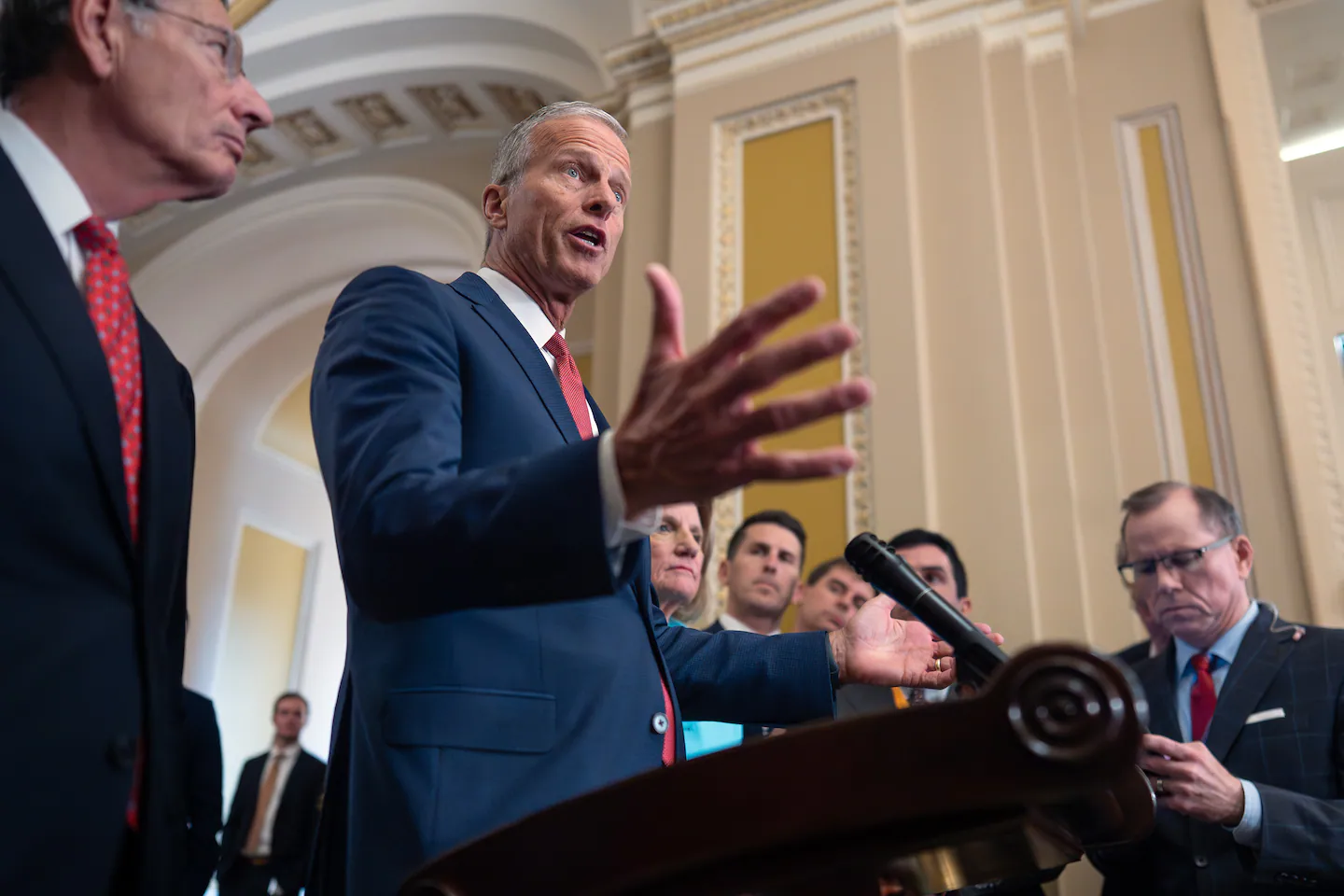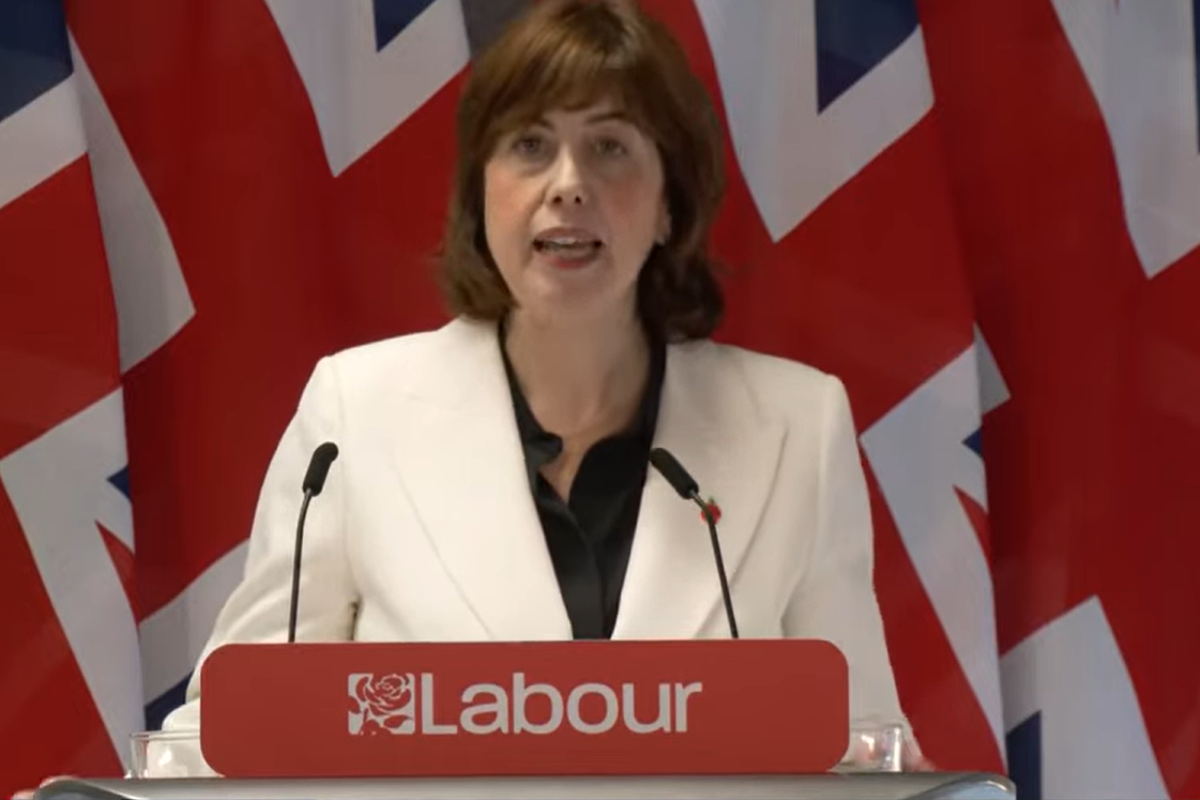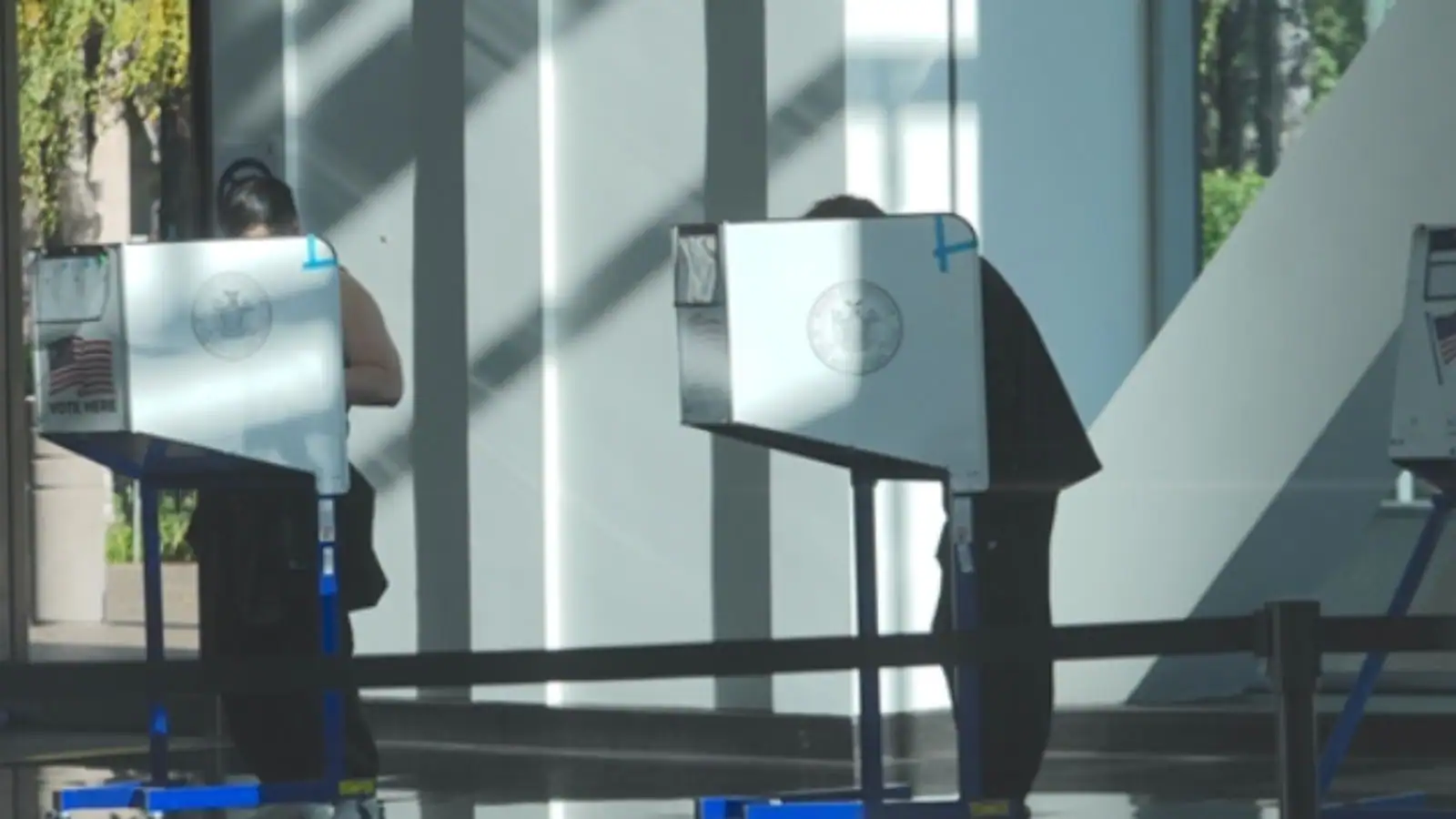Copyright The Boston Globe

That so-called bipartisan gang shepherded a bill that opened the government mere days after it shut down. Nearly half of the senators who struck that deal — six Republicans and five Democrats — are no longer serving. Several were replaced by more hard-line partisans. And others who remain have decided not to join a smaller bipartisan group that has been working behind the scenes to find a way to end the current stalemate. “I was not sure it was going to be fruitful this time,” Virginia Democratic Senator Mark Warner, who has frequently worked across the aisle, told the Globe Tuesday. “I want there to be a strong center-right Republican Party. I think, unfortunately, that party has disappeared [because of] Trump loyalty.” Republicans have similar complaints about Democratic fealty to the party’s liberal base. “It’s definitely more polarized. I think that’s pretty obvious,” said West Virginia Republican Senator Shelley Moore Capito. “And I think [there are] external pressures, whether it’s on the left, elections that they have coming up, or, you know, on the right, other pressures, maybe from external sources.” A major factor in the record-breaking shutdown is the willingness of Democrats to play a level of hardball politics unseen from their party in the past. House Republican leaders have tried to force Democrats to accept a short-term spending bill by keeping the chamber out of session since Sept. 19. But in the Senate, nearly all Democrats have consistently voted against the legislation, including for the 14th time on Tuesday. Republicans have continuously expressed surprise that Democrats have not caved to their demands, forecasting or wish-casting that certain dates on the calendar will shake things loose. Some thought nationwide protests against Trump in mid-October might break the logjam. Others believe the election results from Tuesday night in New York City, Virginia, and New Jersey could change the political calculus. At the core of the misreads, some Republicans acknowledge they misjudged how committed Democrats are to seeking negotiations over expiring Obamacare subsidies and ensuring Trump abides by spending bills. “I mean, I predicted this would last five days, so I’m not exactly the great predictor here,“ Capito mused. She said a conversation with a Democratic colleague on Tuesday tamped down her optimism that a deal was near. “The message that was delivered to me was, you know, ‘We think we’re winning this, and so people are kind of dug in still.’ . . . It’s surprising to me, when you see the ramifications of what’s happening.” Democrats say it is Trump and his budget director, Russell Vought, who have changed the game by refusing to spend money Congress has appropriated and using procedural tactics to rescind other spending with or without the approval of lawmakers. “We would be suckers to sign on to a budget that allows Trump to cancel spending in our states and spend it only in Republican states,” Connecticut Senator Chris Murphy told reporters last week. “We’re living in a very new world right now, and we have to wake up to that reality.” Nearly one-third of senators — 31 — took office after the 35-day 2018-19 shutdown ended. The figure is even higher in the House: 45 percent, including slightly more than half of Republicans. Partisan redistricting, which has become super-charged this year, means most lawmakers are more worried about upsetting their base and losing a primary than turning off the broader electorate in a safe Democratic or Republican seat. The result of all that change: more incentive to fight and little incentive to compromise. “Neither side feels like they’re under more pressure to cave in and there’s a very strong disincentive for each side to cave in,” said Charlie Cook, founder of the Cook Political Report, which analyzes elections and campaigns. The publication rates only three races next year involving Senate incumbents as competitive. One is Maine Republican Susan Collins, who has been among those working on a deal. Two other New England senators, New Hampshire Democrats Jeanne Shaheen and Maggie Hassan, also reportedly have been involved in the talks. Referencing an old saying that compromise is the oxygen of democracy, Cook said, “What’s the absence of compromise? Asphyxiation?” The 2018-19 shutdown ended after negotiations involving the Senate Democratic and Republican leaders and Trump that included promises to continue to work on an immigration deal. But many Democrats said promises won’t be enough this time. Asked the difference between past shutdowns and this one, veteran Senator Chris Coons, a Delaware Democrat, had a one-word answer. “Trust,” he said. “A real lack of trust. There’s a real challenge getting a commitment and believing it.” Trump has not been involved in negotiations since the shutdown began on Oct. 1. And he said Sunday that won’t change until the government reopens. “They have to let the country open and I’ll sit down with the Democrats and we’ll fix it,” Trump said on CBS’s “60 Minutes” of the health care subsidy expiration. “I’m not going to do it by extortion.” Trump appears in no rush to end the shutdown. He and Vought have seized on it as an “unprecedented opportunity,” as Trump called it in a social media post, using their leverage to shape the shutdown in unprecedented ways. They’ve attempted to fire federal workers (a move blocked by the courts), used money in legally questionable ways to cover priorities like military paychecks but argued they cannot cover food stamp benefits, and canceled federal funds to primarily Democratic states and cities. Even as Democrats beg for Trump to engage in negotiations, the president has instead repeatedly called for ending the 60-vote threshold to advance legislation, known as the filibuster, which many Republican senators have dismissed. Trump threw two fresh twists into the mix Tuesday even as lawmakers expressed tempered optimism they could reach a deal, threatening to withholdfood stamp benefits, despite a court order to pay them, until the government reopens, though his press secretary, Karoline Leavitt, indicated money would still go out. Meanwhile, federal workers received a message suggesting those who were furloughed wouldn’t receive back pay when the shutdown ends, despite a 2019 law signed by Trump that requires they are paid, according to The Washington Post. Democrats’ frustration with Trump was evident Tuesday as the shutdown record approached. “The president is not in charge of the United States Congress, and we need to stand up and tell the president he is not a king,” Nevada Senator Jackie Rosen, a moderate Democrat, said of his calls to end the filibuster. “He is an elected official like the rest of us. We are three co-equal branches of government. And frankly, I’m sick of everyone treating the president like he’s not.” For their part, Republicans remained exasperated with Democrats as the stalemate dragged on. Senate majority leader John Thune of South Dakota said Tuesday that he’s waiting for them to have a change of heart. “We’re hoping this will be the week that the Democrats come to their senses and decide to reopen government,” Thune said.



